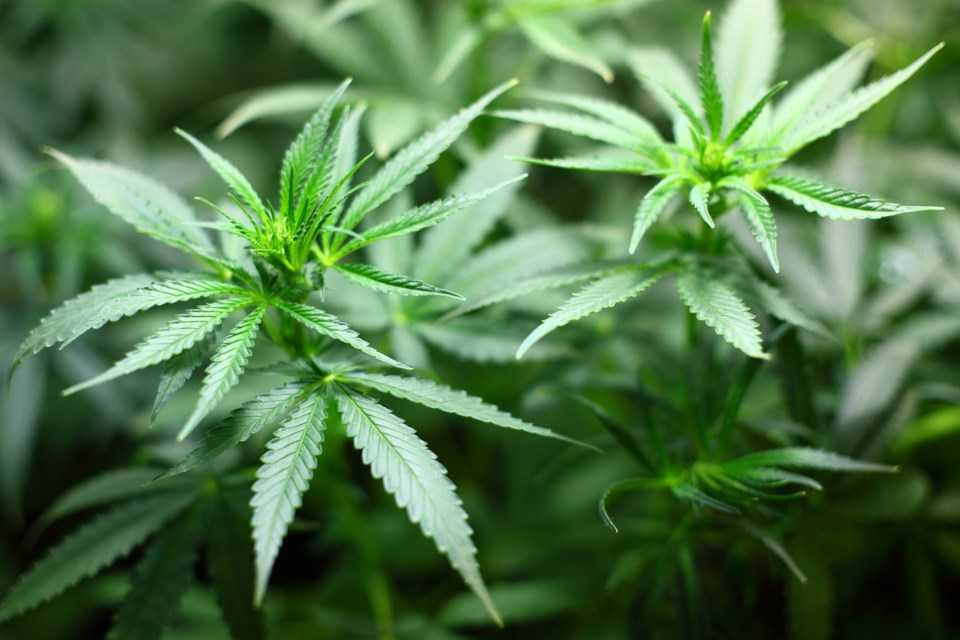Richmond city council will vote whether to push Metro Vancouver to create industry-specific air quality standards for cannabis production.
Since the legalization of cannabis in October 2018, Metro Vancouver has been working to create air emissions regulations for production and harvesting.
The concern is emissions can irritate the respiratory system and the heart as well as causing wheezing, teary eyes and coughing, according to Esther Berube, Metro Vancouver’s manager of air quality.
The regional body found the cannabis plants release volatile organic compounds (VOCs), which react with sunlight.
“So (the VOCs) can react with other contaminants in the air and the presence of sunlight, and produce ground-level ozone, which is actually quite irritating,” said Berube. It can also be “quite damaging” to other plants.
“(These are) some more advanced health and environmental impacts that Metro Vancouver wants to look at more closely,” she added.
VOCs can also contribute to the formation of fine particulate matter.
While effects such as wheezing or coughing can be short-term, said Berube, the damage to the respiratory or cardiac systems can have a chronic effect or exacerbate existing conditions.
Ground-level ozone also affects the larger region, said Berube.
“So it could be (VOCs) that are released in Richmond can react in the atmosphere and then actually have impacts all the way out to the Fraser Valley.”
There is currently one cannabis facility operating in Richmond, near No. 9 Road and Westminster Highway. Two other facilities are in the rezoning process, according to the city’s report.
Additional air-quality suggestions from the city include, for example:
- Requiring all cannabis production operations to obtain an air contaminant discharge permit from Metro Vancouver;
- Prohibiting the ventilation of untreated air to the environment during cannabis production and harvesting; and
- Considering the noise impacts of technology used to control emissions.
Metro Vancouver’s proposed regulation controls include, for example, design requirements and minimum distances from schools, hospitals or daycares; and requiring applicants to pay a permit registration fee of $2,000 and an annual fee of $250.
The city has been working with Metro Vancouver on the regulations since June, according to a city staff report. Richmond’s Advisory Committee on the Environment and Food Security and Agricultural Advisory Committee have been identified as stakeholders by Metro Vancouver.
The regulations project is currently in its first phase of consultation, and feedback received from local communities, businesses, government partners and health authorities will be compiled and presented to the Metro Vancouver board in early 2020.
A second phase of consultation should begin next spring.
City council will be voting on these suggestions at their committee meeting on Jan. 7. If approved, council will forward them to Metro Vancouver.



